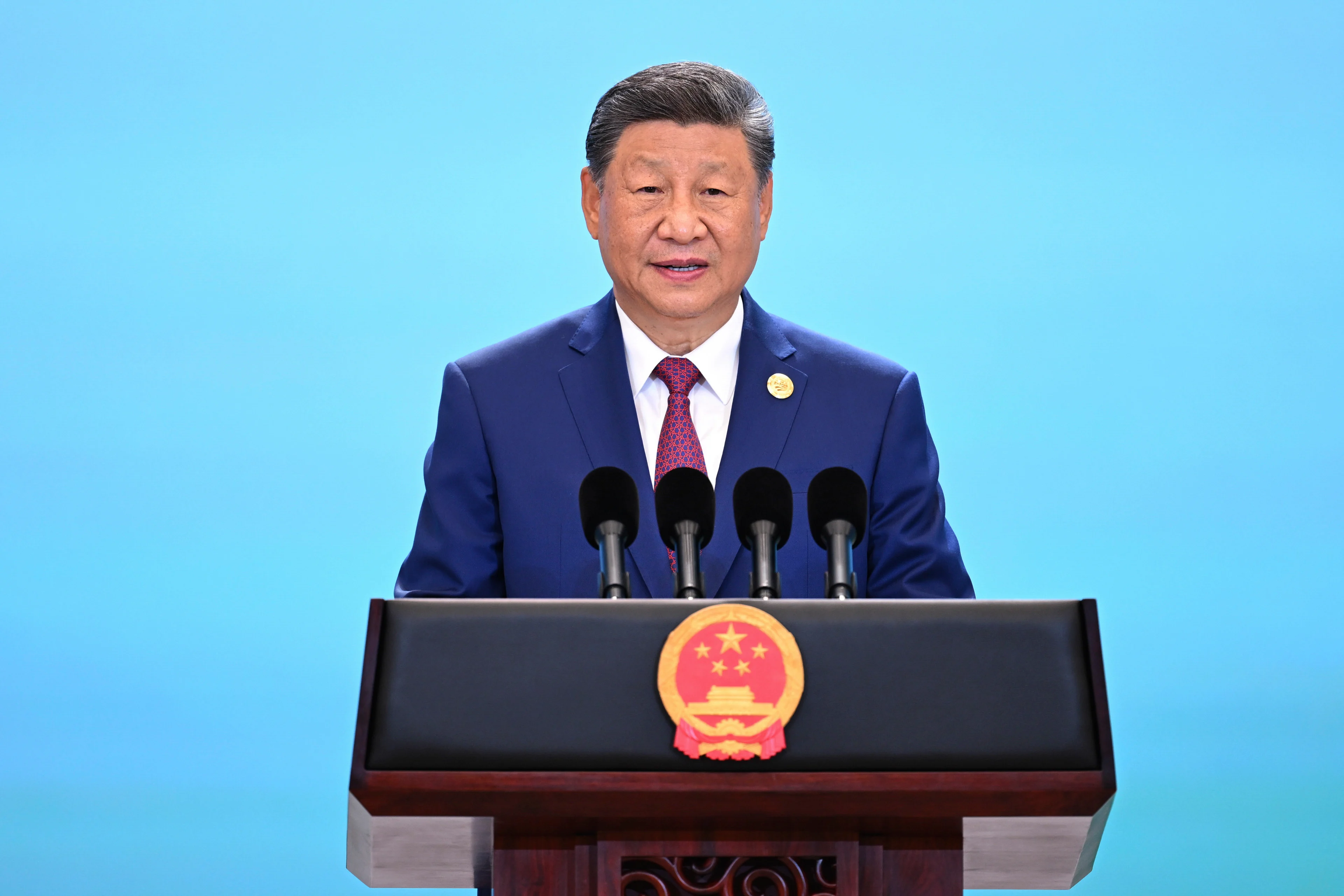By Alice Li
Copyright scmp

President Xi Jinping has called for more efforts to develop a unified domestic market, arguing that it will be crucial to helping China secure an edge in international competition and meet its development goals.
In an article published on Monday in Qiushi, the ruling Communist Party’s leading theoretical journal, the Chinese leader listed six key tasks, with measures to deal with excessive cutthroat competition at the forefront.
Vicious price wars have broken out in several industries in recent months as companies struggle to deal with persistent overcapacity and sluggish demand, exacerbating deflationary pressure on the Chinese economy.
“Industry associations should guide companies to improve product quality, favour quality over price, and oppose low-quality products,” Xi said.
“Outdated production capacity should be phased out in an orderly manner, and policies should address the ‘involution’ issue in both online and offline businesses.”
The article was an excerpt of Xi’s speech at a meeting of China’s Central Financial and Economic Affairs Commission in July, during which officials called for a crackdown on excessive price competition between firms and a phasing out of obsolete industrial capacity.
Xi also called on officials to address the chaos in government procurement processes, focusing on solving core issues such as contracts being awarded to the lowest bidder, substandard goods being procured, and conflicts of interest.
The country should adopt unified national standards for investment promotion activities and improve the disclosure of investment promotion information, he added.
Other priorities laid out in the article included promoting the integration of China’s domestic market and foreign trade activities, addressing gaps in bidding regulations, and preventing officials from engaging in illegal investment promotion activities and protectionism.
Building a unified national market is crucial for driving high-quality growth and securing an edge in international competition
President Xi Jinping
The publication of the piece came as China’s top leaders prepare to gather in Beijing for the fourth plenary session of the Communist Party’s Central Committee in October, where they are expected to discuss the country’s next five-year plan.
Beijing has made creating a “unified national market” central to its goal of “building a high-standard market economy” by 2035, with greater interregional integration seen as crucial to maximising the potential of the country’s production capacity and boosting domestic demand.
“Building a unified national market is crucial for driving high-quality growth and securing an edge in international competition,” Xi said.
“As the world’s second-largest consumer market, China must strengthen this market to better handle risks and challenges.”
On Tuesday, the Communist Party-run newspaper People’s Daily published an editorial in support of action to tackle the current challenges in regional market integration and clearer market entry regulations.
Liu Yuanchun, a prominent government adviser, has also suggested that officials should make the structural transformation of China’s economy a top priority over the next five years.
Reforms were needed to adjust the country’s industrial structure, address overcapacity issues in some strategic emerging industries, and prevent excessive cutthroat competition, he said in an interview with the domestic media outlet Securities Times in August.
To tackle overcapacity in industries such as electric vehicles and solar power, Liu said the government should focus on adjusting firms’ pricing and marketing strategies and allow limited monopolies to foster innovation, rather than imposing production cuts or shutdowns – measures previously used to deal with overcapacity in traditional sectors.
“Some emerging industries are facing excessive competition, necessitating a restructuring of competition policies to refocus on innovation and economies of scale,” Liu said.
For example, authorities should avoid using industrial subsidies in response to short-term challenges that undermine fair market competition, he added.
China’s economy showed signs of strain in August, as both retail sales and industrial output underperformed market expectations.
Retail sales rose 3.4 per cent year on year last month, missing a forecast of 3.82 per cent growth by financial data provider Wind. Industrial output grew by 5.2 per cent in the same period, below Wind’s 5.75 per cent forecast.



